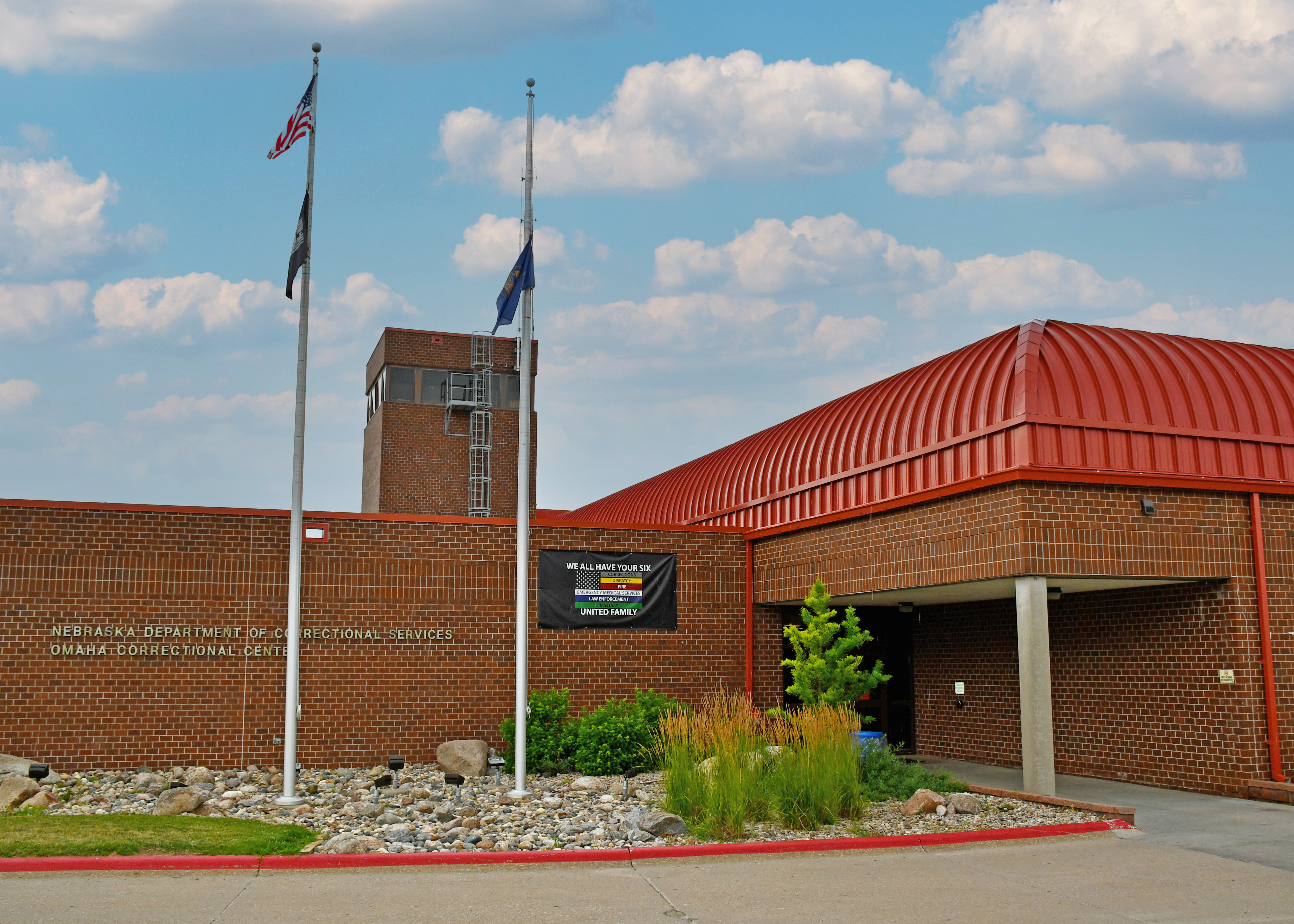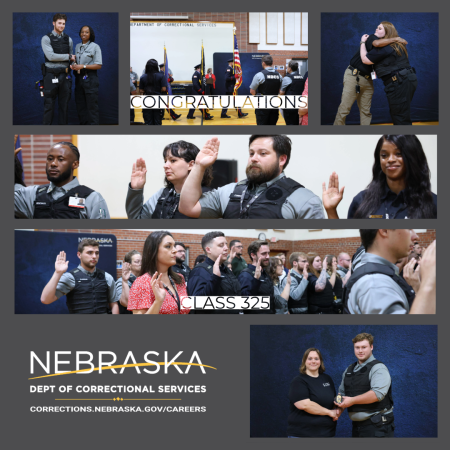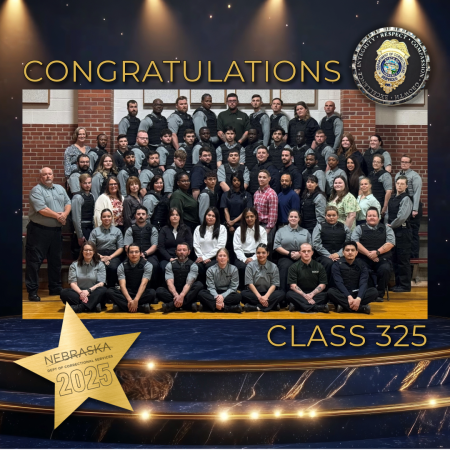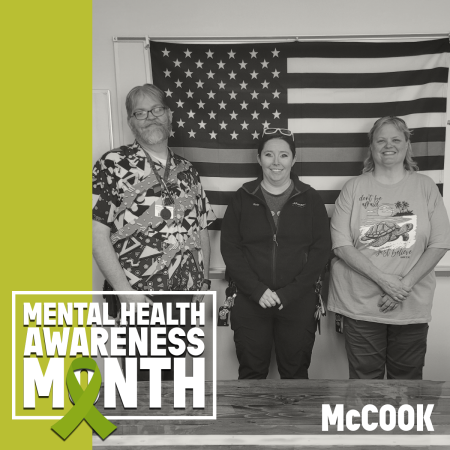
Omaha Correctional Center

2323 Avenue J.
Omaha, NE 68110-2766
United States
P.O. Box #11099
Omaha, NE 68110-2766
United States
The Omaha Correctional Center (OCC) is located on a 37-acre site in East Omaha, just south of Eppley Airfield. The OCC was opened April 24, 1984 with a design capacity of 240 inmates at a total cost of approximately $17 million; today the facility has an operational capacity of 766 inmates in double, and multiple occupancy rooms. In 1994 an additional housing unit brought the design capacity of the OCC to 396 inmate beds.
OCC has been accredited by the American Correctional Association since 1986.
OCC is a medium and minimum security facility. OCC has a separate entrance building as well as an inner complex including an indoor/outdoor visiting area, a library, a religious center, dental and medical area, restrictive housing unit, academic and pre-employment training areas, central physical plant, laundry, kitchen and dining room, Cornhusker State Industries, canteen and a gymnasium.


